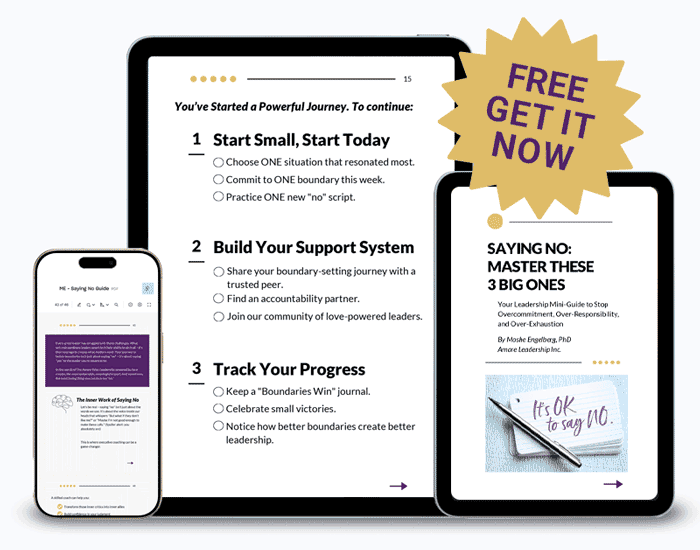In business, leaders love to say, “I just went with my gut.” Sounds bold. Maverick-y. Like something Steve Jobs-y.
Here’s the thing: that “gut” feeling could be your intuition. It could also be a reactive instinct kicking into overdrive…or fear dressed up as wisdom, whispering “Play it safe and call it strategic.”
When you don’t know which internal voice you’re listening to, your decision-making can get messy fast. Great leaders know which voice to trust—and when.
Getting it wrong? That’s when avoidable crises, missed opportunities, and regrettable decisions happen.
Instinct, Intuition, and Fear – When Each Works Well
- Instinct: A pilot safely landing a plane in crisis,like Sully on the Hudson. Pure reflex and training saved lives.
- Intuition: Oprah declining guests or deals when something just “feels off”—she can’t always explain it, and she’s usually right.
- Fear (used wisely): A CFO raising a flag before overextending finances—not to kill innovation, but to ask better questions.
Instinct, Intuition, and Fear – When Each Backfires
- Instinct misapplied: Firing someone abruptly because they questioned you. That’s not strategy, that’s ego armor.
- Intuition misread: Launching a product because you felt it would work—ignoring clear market data to the contrary.
- Fear in charge: Declining a game-changing opportunity because it involves risk—and blaming “instinct” when it’s actually discomfort in a tuxedo.
Gut Check Questions
- Are you acting to stay safe, stay smart, or stay small?
- Is this a reflex, a wise sense, or an emotional reaction?
- Have you slowed down long enough to tell the difference?
7 Amare Action Steps to Sharpen Your Inner GPS
1. Track your physical response. Instinct feels like a jolt. Intuition feels centered. Fear feels tight or racing. Start noticing patterns.
2. Name the voice in real time. Pause and ask: Is this instinct, intuition, or fear driving this choice?
3. Chill—create time for intuition. If it’s not an emergency, wait 24 hours. Give intuition the space it needs to emerge.
4. Revisit past decisions. Think of a few big calls—which voice did you follow? What were the results?
5. Use the right guide at the right time. Instinct for emergencies. Intuition for ambiguity. Fear? Let it sit quietly in the back row—no speaking privileges.
6. Assess your culture. Notice if most decisions are reactive, like always putting out fires. If there is room for intuition to speak. If fear is disguised as “realism.”
7. Ask a trusted truth-teller. When in doubt, consult someone who knows you well and can tell you when you’re bluffing yourself.
One More Thing…
It takes courage to lead from intuition, especially in a world that worships speed and logic. When you do, you unlock a kind of knowing that can’t be taught in any MBA program.
Your inner wisdom is one of your greatest leadership assets. Don’t bury it under busyness, bravado, or fear masquerading as strategy. Tune in. Trust it. Let it lead.
You’ve got this.
Moshe
Magnify Your Inner Wisdom with the Low Risk “Strong Start” Coaching Program
Consider my “Strong Start” 3-month coaching program as a low-risk, high-value way to grow and flourish as the leader you are called to be. For more information, contact me here.
Today’s Amare Wave Wednesday Quote
“Between stimulus and response there is a space. In that space is our power to choose our response. In our response lies our growth and our freedom.”
— Viktor E. Frankl, psychiatrist, Holocaust survivor, author of Man’s Search for Meaning
Click here and read more Amare Wave Wednesday newsletters on related topics:
The Power of Discernment to Make Business Better
Finding Your Courage: 5 Steps to Lead with Your Lion’s Roar
5 Amare Steps to Be A Modern-Day Warrior Leader (No Sword Required!)
5 Powerful Steps to Recognize and Trust Your Instincts: Master This Critical Leadership Skill
Beyond Fear: A Leaders’ Guide to Upholding Commitments Even When You’re Afraid
Original article published on Inc.com.

